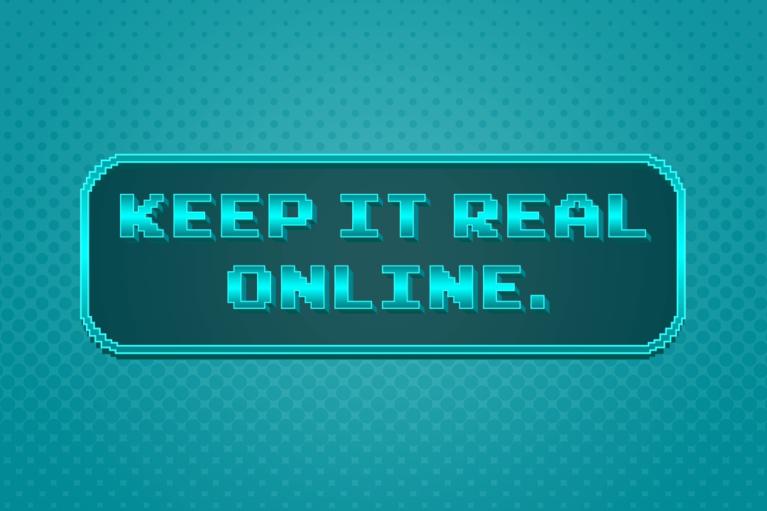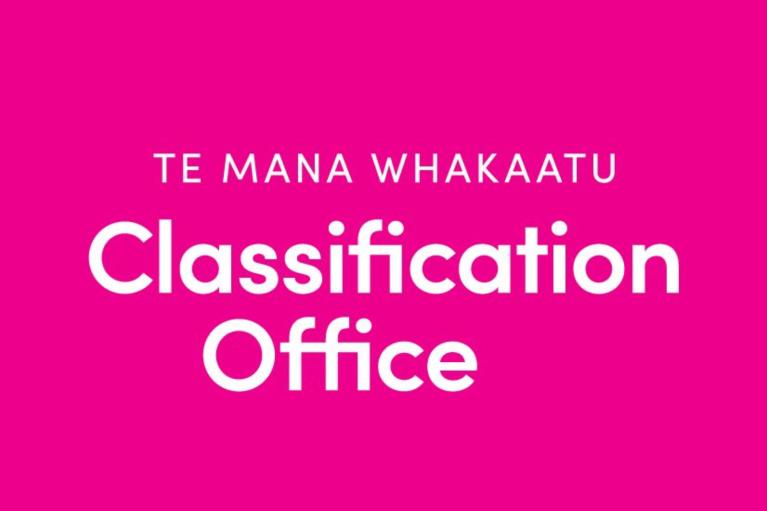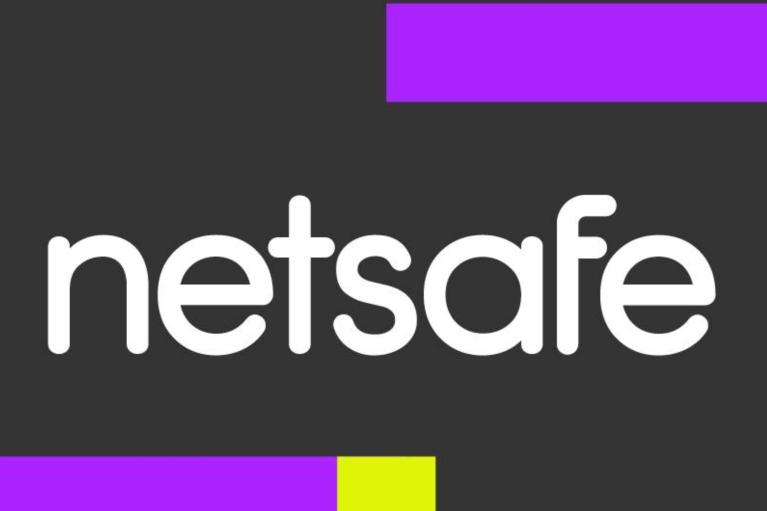Tips for talking with your child or pre-teen around porn
It can initially feel a bit awkward discussing porn, but many tamariki still consider parents ‘the experts’ on sex and are open and receptive to parent input. Building trust and rapport now is a great start to establishing ongoing healthy sex conversations.
Be prepared
This will help you stay calm and unshockable. See the parent resources below to help you prepare.
Decide ‘what age’ is best
Consider your child’s personality, time spent with older tamariki, and level of device access. If your child has any unsupervised device access, a simple age-appropriate conversation around porn and online sexual content (such as pictures and videos) is recommended.
Normalise
Young people can have many responses to porn and online sexual content, including shame, confusion, curiosity, arousal (or all of these). Assuring a child that any response is normal will reduce shame and help them feel safe sharing their experiences.
Reduce shame
Take an open and non-judgmental approach and avoid words like ‘bad’ or ‘wrong’ that can close down conversations or create shame if a child sees porn.
Keep it simple with young children
Include a simple age-appropriate explanation of what porn is, why it’s not made for tamariki and what to do if they see it.
Keeping safe
Share some simple safety tools with your child, like ACT (Avert your eyes, Call it out, Tell someone), so they have a plan when they first see porn.
Tailor it with pre-teens
Most pre-teens will need a more in-depth conversation about porn than just a set of rules, as this is the age they are most likely to see porn. Be guided by your child’s age, knowledge and experience.
How To Talk To Your Child About Sex
Resources to support your child or pre-teen around porn
Here are some resources to help parents and whānau with starting conversations, building critical thinking and supporting tamariki and pre-teens around porn.

The Light Project aims to help youth, their whānau, schools and wider communities to positively navigate porn and online sexual content and has a range of information, resources, tools and support pathways for parents.
It has information for whānau and tips for talking to your child. Check out the website for advice and resources.

Keep It Real Online is a New Zealand Government campaign to support parents and caregivers to keep their children safe online. It has advice and resources on how to talk to your child about pornography as well as tips to keep your family safe online.

The Classification Office Te Mana Whakaatu is responsible for the classification of all films, videos, publications, and some video games in New Zealand. Their site has some useful research and information for parents about controlling content and pornography.

In the Know is a NZ site for young people wanting information or help with porn related concerns. It includes tools, tips, videos, information and referral services offering support with key porn-related issues. It covers a range of issues, including nudes, feeling uncomfortable with porn, pressure to watch porn, wanting to cut down on porn and creating online sexual content.

NetSafe is an independent non-profit organisation that provides cybersafety and online security education for all New Zealanders. NetSafe's website has a variety of information on online safety and security issues. The website has information for children, parents, community groups, schools and counsellors.

Just the Facts is a website run by the Sexually Transmitted Infections Education Foundation (STIEF). It is a project funded by the Ministry of Health through district health boards to educate New Zealanders about sexually transmitted infections (STIs).
Acknowledgements
The content on this page has been developed and approved by the Clinical Network for Child Protection, Paediatric Society New Zealand with input and guidance from Nikki Denholm, Director, The Light Project.
